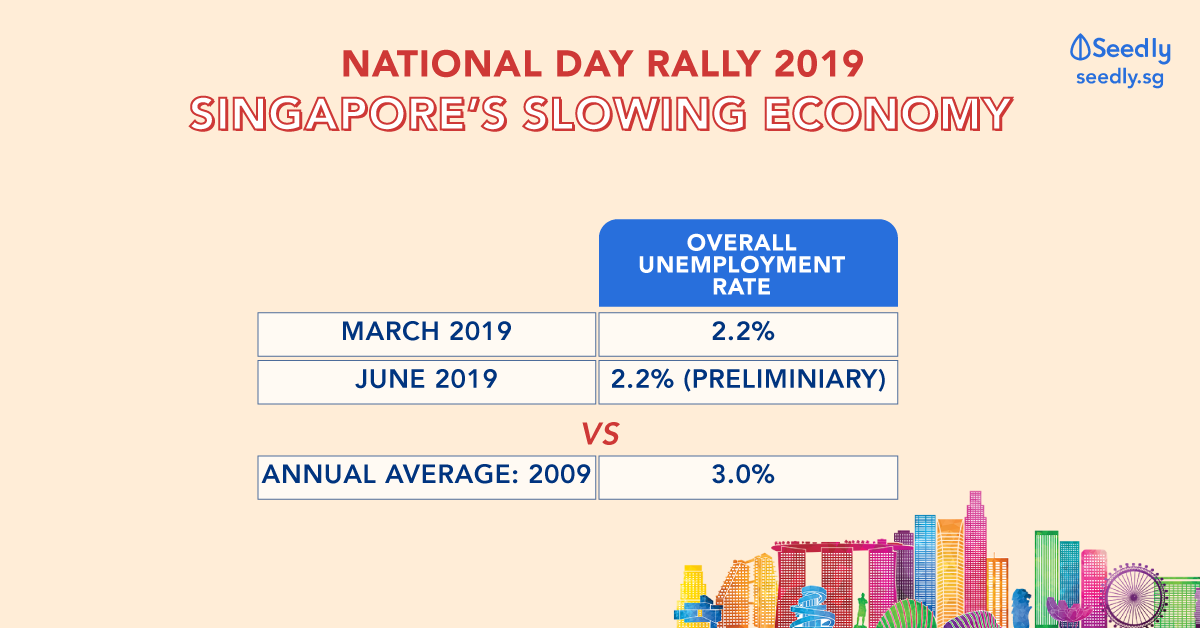Advertisement
Anonymous
Why does China's slowing growth mean bad news for other economies? China's growth is still projected for 6~6.5%, so what's so bad about that?
3
Discussion (3)
Learn how to style your text
Isaac Chan
20 Mar 2019
Business at NUS
Reply
Save
To further reiterate on Enk Loui's points,
For point 1, I believe as much as logic would have dictated China's growth would decrease with time given its existing scale of growth, investors were not expecting growth to slow so quickly below double digit levels in 2015(when China stock markets were hit) and in late 2018 due to the consequences of widespread Trade War(which people thought wouldnt materialise). Hence it is the mismatch of expectations that really hurt China and World's markets.
Point 2 wise- Countries around the world depended on China's growth to drive demand for their exports and trade in the region. Its declining growth thus affects the world.
Point 3- I believe this shows China's lack of confidence in resolution of Trade War with US. However this is unsurprising given they are dealing with Trump's unpredictability, and having backup stimulus plans also shows China does not need to play completely into the hands of US in negotiations.
Reply
Save
I think there could be a few reasons why it could perceived as bad by many investors
1) That's the...
Read 1 other comments with a Seedly account
You will also enjoy exclusive benefits and get access to members only features.
Sign up or login with an email here
Write your thoughts
Related Articles
Related Posts
Related Posts
Advertisement








I think the worry also about China's slow down is that it seems to reveal certain structural issues about China's economy. I will just list a few briefly over here. Some are saying that the slow down is more structural than just trade war.
China's one child policy and large based of older working population has caused a rapidly ageing population there doesn't seem to have a younger population to replace it. An ageing population is common across developed countries, but China is supposed to be a fast growing economy, and not at the stage of the other 4 Asian Tigers (Korea, Japan, Singapore, Hong Kong)
I guess they tried to model it after what we have here in Singapore, but China's SOEs have long been criticised for not being efficient with lower Return on Invesmtnets compared to their private firms. I guess issues of corruption and the phenomenon of "Guan Xi" cripples this portion as well.
3. Interventionist Policies
Despite opening up the market, the government had still intervened with many different policies. This may have caused SOEs and other businesses to be too reliant on the state. The free market theory championed by the West has always espounded that left to its own, the market will produce the greatest utility for everyone.
Over the past months, there have been a lot of talk about the bad debt and weak credit strength floating around in the Chinese economy. This has caused quite a lot of sitr, but the over leveraged situation can be quite risky.